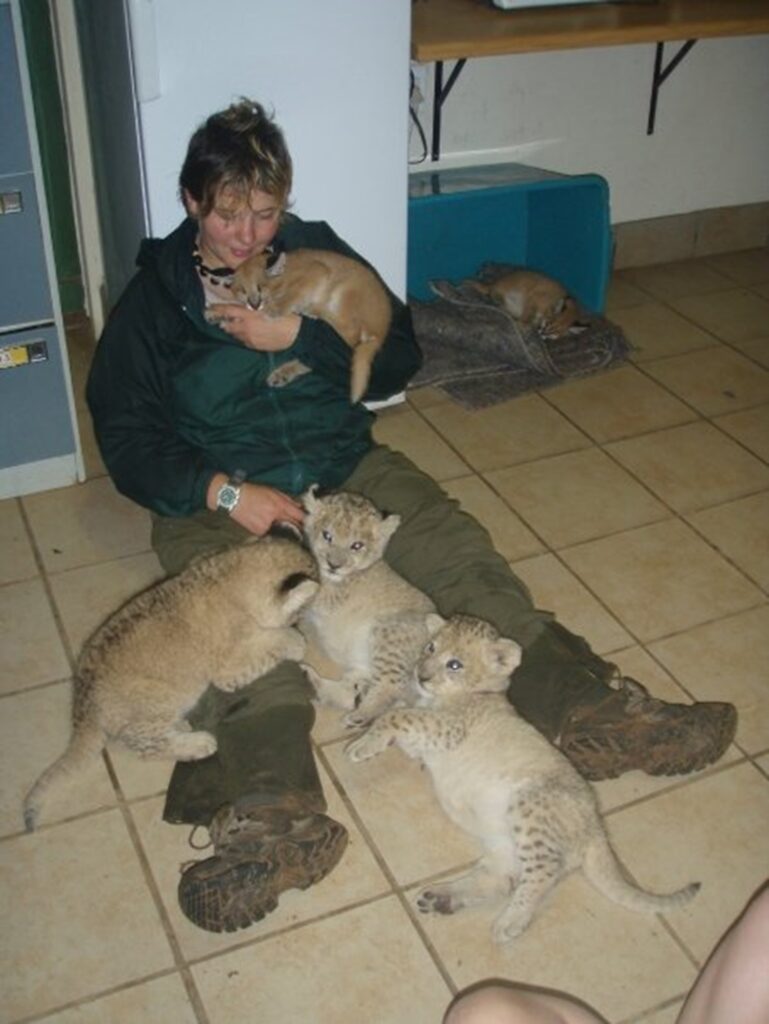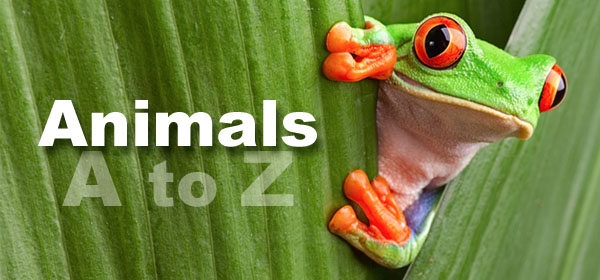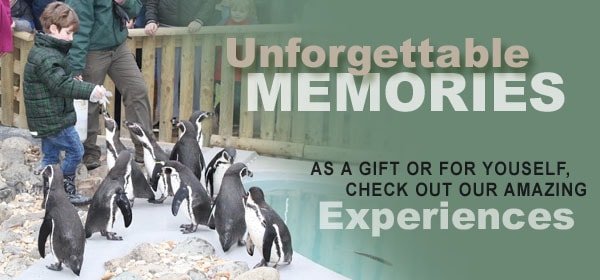Last week saw the celebration of International Zookeepers Week and what a celebration to be had! Let’s discuss some routes into zookeeping and I’ll treat you to my journey becoming a keeper.
Often scoring high in the “dream job” category, sits the Zookeeper. I’m told by strangers how lucky I am and how I have one of the best jobs in the world. There are high numbers of volunteers that give up their free time to do this job for nothing. Some for the fun and some to start their journey on the way to becoming a zookeeper. I have also heard the negatives hurtful things people say about the job and there is nothing more disheartening than hearing a parent say, “if you don’t do well at school, you’ll end up in a job like that”. Read on my friends, and I will prove you very wrong.
How do you become a zookeeper?
What exactly does it mean to be a zookeeper? What are the highs and lows (yes there are some) of the job? And how on earth do you even become a keeper? This blog will aim to take you on a journey, my journey. I may inspire you to follow your dreams, change your career path or even put you right off becoming a zookeeper.
There no ‘right’ way into zookeeping
You could ask 100 different keepers how they got their job, and you would get 100 different answers. Everybody has their own route and their own story. Some started off volunteering and worked up. Whereas some got a qualification first and some just happened to be in the right time at the right place.
My journey
For me, ever since I can remember, I wanted to work with animals. The first job I ever remember wanting to be was a Zoo Vet. I was obsessed with nature documentaries, cartoons like The Animals of Farthing Wood and reading anything I could about animals. However, I found school a slight challenge and my science skills were not up scratch and there slipped away my dream of being a Zoo Vet. After college, I worked in a multitude of different jobs including children’s activity centers in the South of France, a climbing instructor in Scotland, a cruise ship entertainer and some teaching in a few UK secondary schools.
Placement
I eventually ended up on a volunteer placement in South Africa teaching science (believe it or not!) in primary schools. I finished my placement with a few weeks at Sondela Nature Reserve. Here, they had a small animal rehabilitation centre out the back. Myself and just 3 other volunteers were responsible for caring for orphaned or sick caracal, serval, bushbabies, warthogs, antelope giraffe, zebra and, the highlight for me, three lion cubs. I was sold; I had to do it. I had to work with animals.

Qualification route
The day I flew home, I looked at every animal/zoo related job in the country and they all needed experience or a qualification. At the time I didn’t drive and didn’t live near anywhere I could volunteer at, so I started applying to universities.
I was accepted onto BSc Zoo Biology at Nottingham Trent University. After 7 gap years, I tottered off to join Freshers Week. The next 3 years went by and I walked away with a 2:1 in Bachelor of Science with Honours Degree.
I went back to the zoo job webpages and saw I was missing a driving license that was a requirement for many places. 5 day driving intensive course booked and done. I applied for everything and anything and I was rejected again and again and again. Until one day I got a call offering me an internship in Enrichment and Research. So I packed up my belongings and moved across the country!
My internship
I was doing my internship for free and on my days off, I was volunteering with the animal sections. I mainly volunteered with elephants, carnivores and hoof stock to gain as much experience as possible. Doing this, I gained some amazing experiences. I even helped with hand rearing tiger cubs, bottle feeding elephants and tickling black rhino, but I was oh so poor!

After a few months, I was offered a paid seasonal position as part of the Education Team in another collection which was great fun. When the season was over, I headed back to Kent and was lucky enough to pick up my internship where I left off and started helping more with the Education Team there.
I was now totally devoted to carnivores and spent one of days off volunteering with them in another voluntary position. Soon enough my hard work paid off! I was given a full-time paid job as Education Officer working between Howletts and Port Lympne. Despite this, I was still managing to volunteer on my days off as much as I could.
After a year or so, I was finally given the chance to be an animal keeper. I was offered the role of looking after the gorillas. I was dubious at first as I’d never really been a primate fan; too human like for me. But a foot in the door I thought before I move over to carnivores.
Now I work with primates
7. Years. Later. Well, they grew on me like mould on sweaty cheese. They are honestly one of the most awesome animals around. Their sheer size, power, even the gentleness and of course, the smell.

Throughout the years, I saw births, deaths, transfers, introductions, veterinary procedures and helped with hand-rearing babies. In time, I was ready for a change. I moved to WWP almost 4 years ago to be part of the primate team. After a little while I was promoted to Head of Primates. Now I manage the biggest section in the park and the largest (and in my opinion, the best) team of keepers. It’s been a rollercoaster and I’ve got to work with so many different species of animals which has been incredible.
And here I am
So that is my (fairly long winded) journey of how I became a keeper. There have been a lot of highlights along the way, from babies, friendships, training, building bonds, and seeing the animals grow!
An insight into the lows
There are also low points of the job which I think is important to discuss. It’s the bit that no one thinks about when they describe this “dream job”.
Long days
It’s exhausting. You are on your feet, on the go for 8 or 9 hours a day, 5 days a week. And that’s a good day, that’s a day when everything goes well, and everyone behaves.
Poo cleaning
A big part of your day as a keeper is cleaning. Poo. There is so much poo. And as soon as you’ve cleaned up some poo, the animal just does another one right there. Often when someone tells me I’ve got the best job ever, I ask them if they want to help me scrub some diarrhoea; the answer is always the same, “no thanks”.
Animal deaths
Of course, the worst part; animal deaths. I spend more time with these animals than I do with my own family. They need me and sometimes, I need them more than I know. And when one of them dies, whether it’s sudden or put to sleep for medical reasons, it never gets easier. A lot of people don’t realise that keepers need to grief the loss of one of their animals. It’s not as simple as, “it’s just an animal, you’ll get over it”, we have poured our heart and soul into keeping that individual healthy and happy and for many of us, it’s like losing a family member.
But they still make you smile
Keepers get tired and keepers burnt out. It is not a job for everyone but when you are having a good day and the animals do something to make you smile. You then remember that this is the best job in the world, it’s just a VERY hard one. For example, when they finally learn the behaviour you’ve been training them for months or when they use the enrichment you spent hours building

Next time you visit the park, tell a keeper they’re doing a great job. You’ll get the biggest smile back. To all the zookeepers out there, you guys are incredible, Happy International Zookeeper Week!


